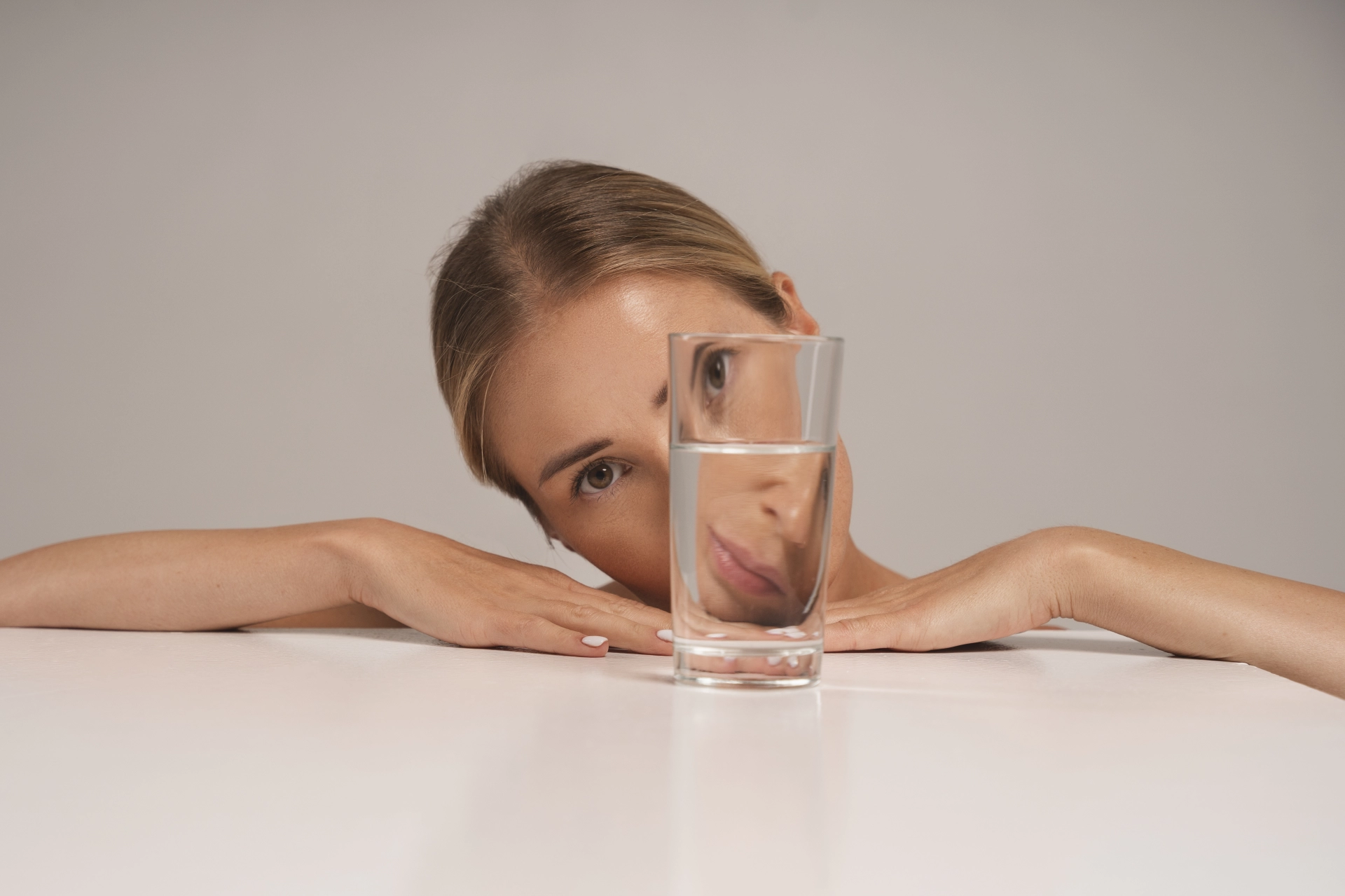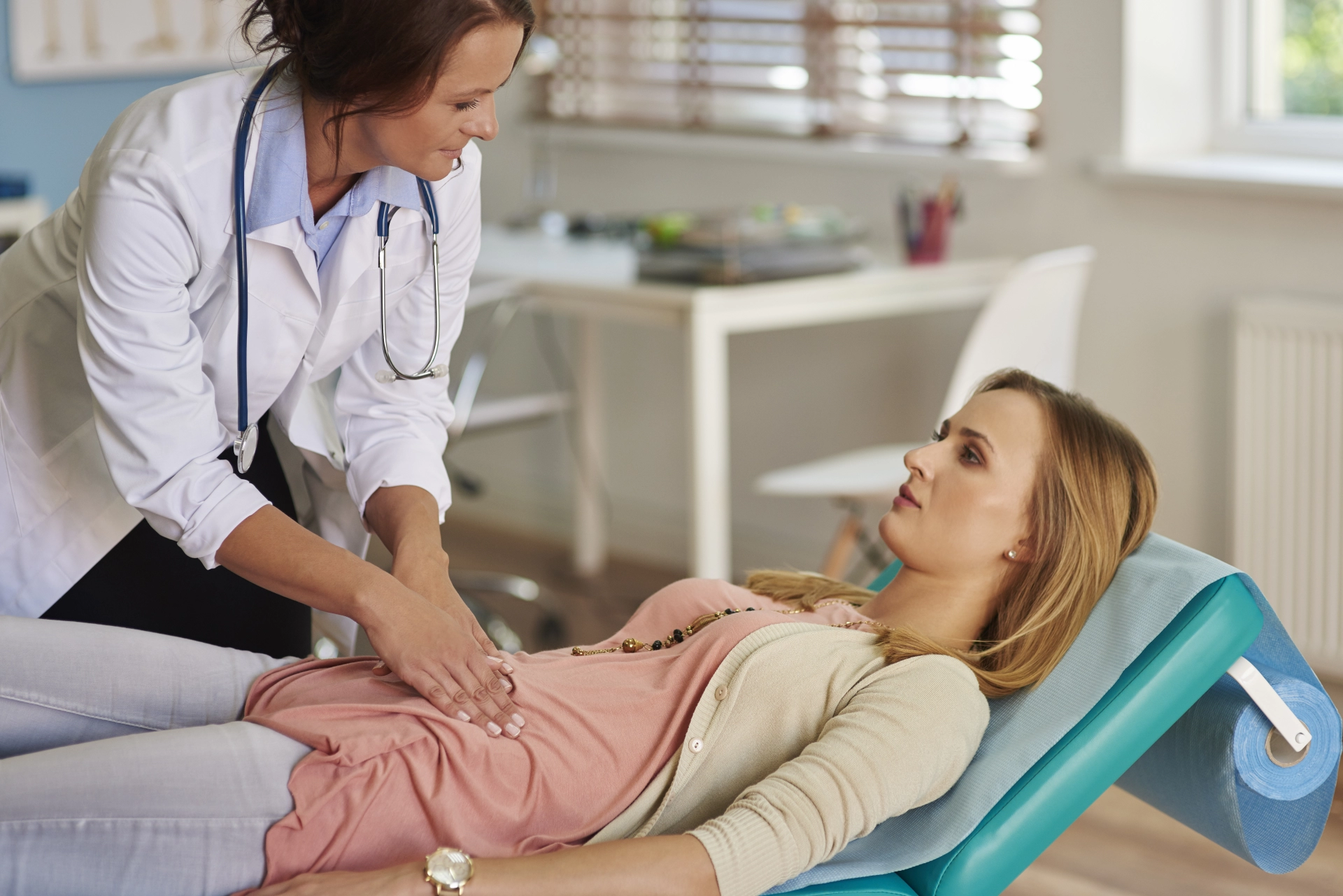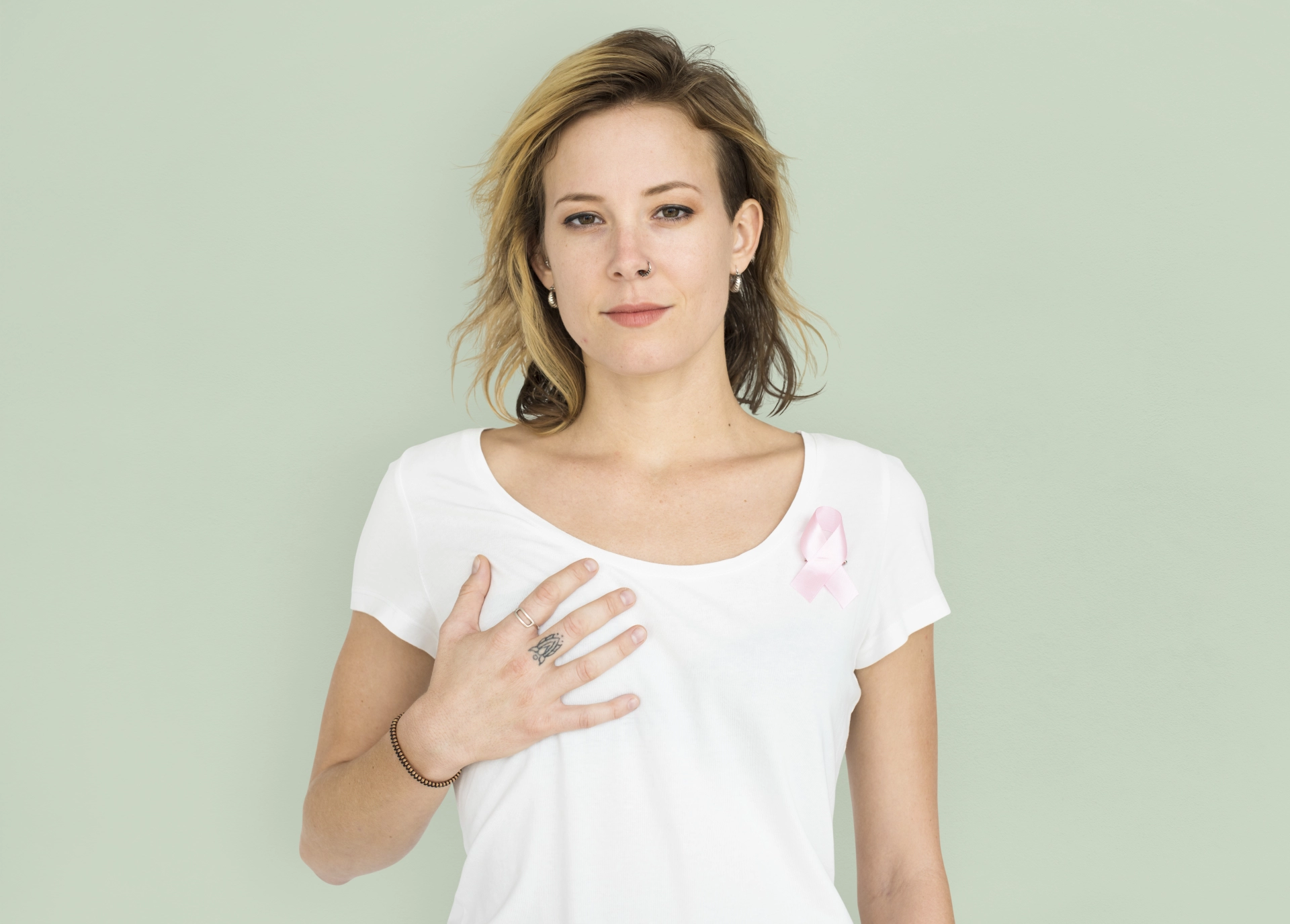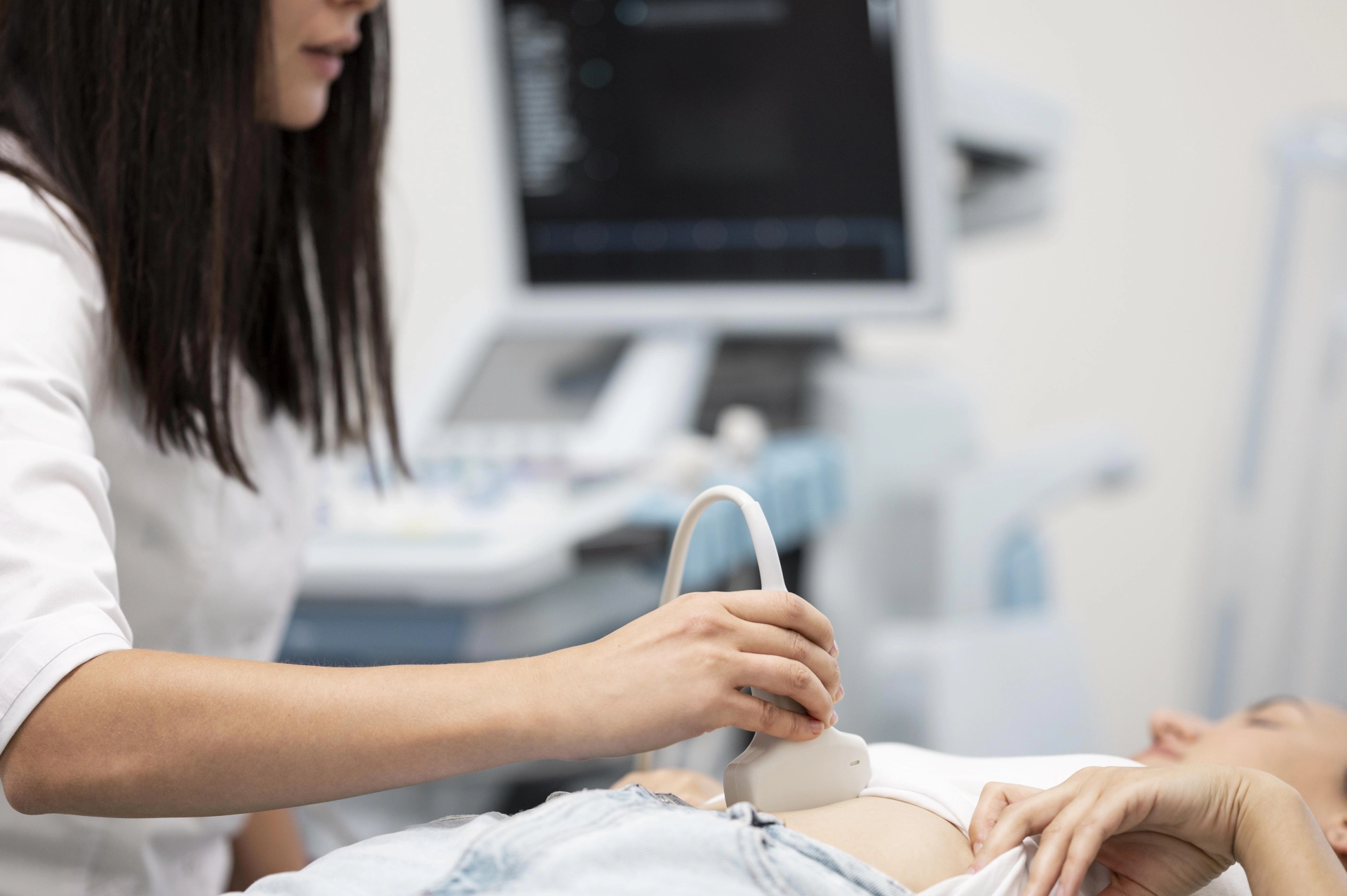Dehydration happens when your body loses more fluids than it takes in, making it hard to function properly. It can occur on hot days when you sweat a lot or if you’re sick with a fever, vomiting, or diarrhea. It may also result from not drinking enough water or taking medications that increase urination.
When you’re not well-hydrated, you feel thirsty — your body’s way of signaling the need for fluids. You should drink water as soon as you feel thirsty. Mild dehydration is often resolved by drinking fluids, but it’s not always obvious. It may go unnoticed in an elderly person who forgets to drink or a baby who can’t express thirst.
What does water do for your body?
Your body is up to 78% water. Your brain and heart are about 73% water, muscles and kidneys 79%, skin 64%, lungs 83%, and bones 31%.
Water helps:
•Aid digestion and remove waste
•Lubricate joints
•Make saliva for eating
•Balance body chemicals, including brain hormones and neurotransmitters
•Transport oxygen through the body
•Cushion bones
•Regulate temperature
•Protect your brain, spinal cord, and fetus during pregnancy
Water is especially vital in warm weather. During exercise, your muscles heat up. Your body cools off by sweating, and as sweat evaporates, it cools the body. But sweating also lowers fluid levels, which affects normal functions.
What are the symptoms of dehydration?
If you think you or your child is severely dehydrated, get medical help right away. Signs in children include:
•Dry lips and tongue
•No tears when crying
•Fewer than six wet diapers a day (infants), or none for eight hours (toddlers)
•Sunken soft spot on an infant’s head
•Sunken eyes
•Dry, wrinkly skin
•Fast, deep breathing
•Cool, blotchy hands and feet
What is the outlook (prognosis) for dehydration?
Mild dehydration is usually treatable by drinking fluids. Moderate or severe cases might require hospitalization and IV fluids. If untreated, serious issues like electrolyte imbalance, organ failure, or death can occur.
Can dehydration be prevented?
Yes. Track your fluid intake and drink water regularly, including with meals. Avoid sugary drinks, alcohol, and caffeine.
How much water do I need to drink?
Water needs vary based on your age, weight, activity level, health conditions, clothing, and climate. People with certain conditions like diabetes or heart disease should be careful. While eight glasses a day is a general rule, consult your doctor to find out what’s best for you.






